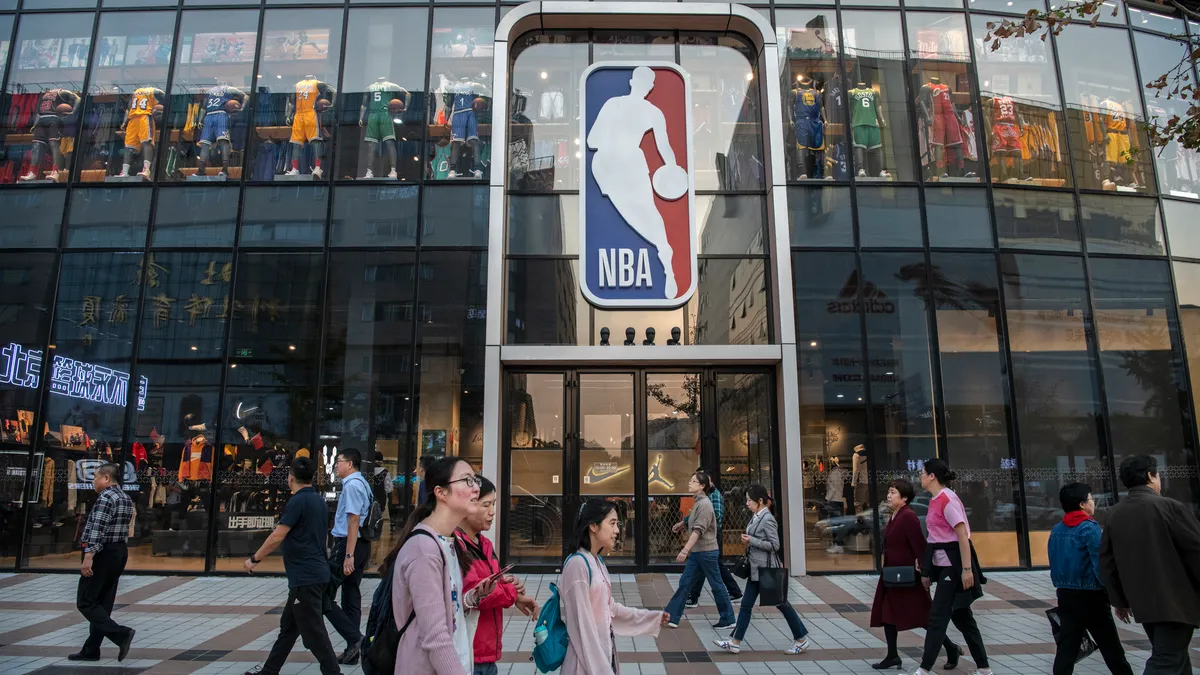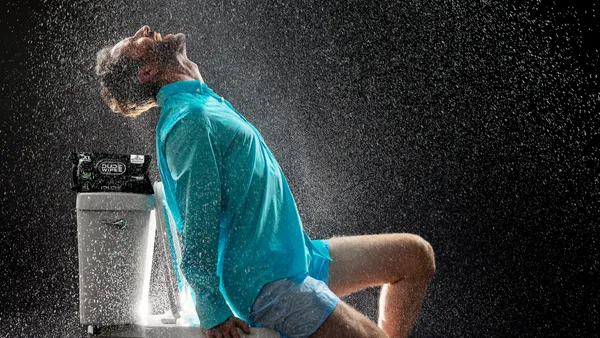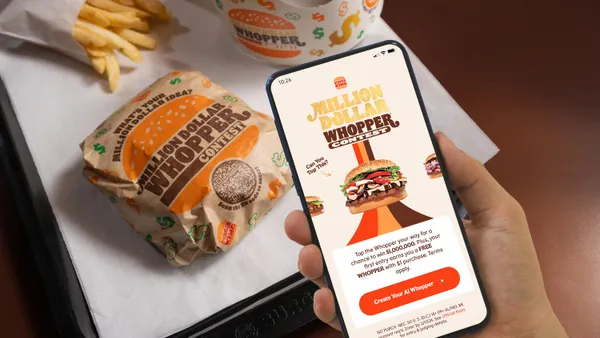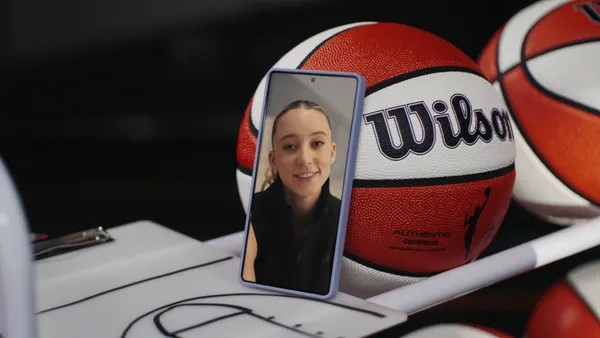Dive Brief:
- The NBA boosted click-through rates on its email campaigns by 42% and conversion rates by 63% when it included dynamic personalized touches, according to details shared with Marketing Dive.
- Working with Movable Ink’s dynamic content, the campaigns leveraged a mix of real-time game content, personalized banners, image personalization and gamification to keep fans engaged.
- While personalization at scale has been challenging for marketers, the NBA case underscores how it remains an important goal as marketers look for ways to better leverage their first-party data.
Dive Insight:
Email marketing, one of digital marketing’s original channels, remains a robust market and could get a boost with the deprecation of third-parties cookies as some brands may put a bigger focus on leveraging first-party data to build stronger relationships with existing customers. However, savvy brands will recognize that consumers don’t want to be inundated with emails that aren’t relevant. Which is where personalization comes in.
Using multiple elements, including animation, countdown timers and a Twitter based voting activation around the NBA All-Star Game, the league attempted to personalize email communications according to each fan’s interest. For instance, when promoting double-header games, the league pulled in dynamic GIFs depicting team images, logos, cities, game times and broadcast logos. Player images in the emails were set to match the uniform the team would wear for the game.
The league also incorporated real-time content in banners to display information like a team’s record, leading scorers and next game info. The fan experience was gamified by awarding badges based on engagement with the league, such as identifying a favorite team, becoming a season ticket holder and subscribing to the league’s streaming service. Badge levels were then celebrated – personalized by fan – in a daily email newsletter.
Personalization at scale has been the industry’s holy grail for some time now. Seventy-one percent of consumers expect companies to deliver personalized interactions, and more than three-quarters of them get frustrated when the personalization they desire doesn’t come to fruition, according to McKinsey & Company. In addition, companies that excel at personalization generate 40% more revenue than those that do not.
Recently, marketers have begun to explore using generative AI like ChatGPT to create personalized emails that tap into consumers’ interests, reflecting one way the buzzy tech can be put to use in marketing. In recent weeks, Microsoft and Salesforce have introduced tools that use generative AI to create personalized emails to customers. A recent TikTok video demonstrated how ChatGPT could be integrated with Google Sheets to compose customized LinkedIn messages to executives requesting a meeting.














